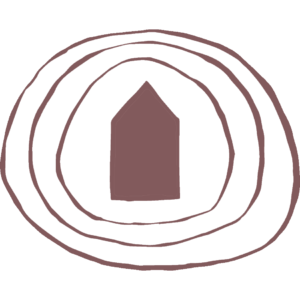Nothing is more enjoyable but to see our guests and neighbours being excited about the permaculture projects. We are seeing more and more people or groups of people around us that choose to act.
Permaculture is a philosophy that holistically engages the individual in a process of re-establishing symbiosis with the living world, not only through agricultural methods, but by forming part of a narrative of interbeing. By seeing ourselves as the usufructuaries of the land, we engage with it differently.
Since 2011, we are part of a very engaged group of people that form the Cévennes Ecotourism Initiative (Cévennes Écotourisme). We have committed to engaging in shaping sustainable tourism in protected areas. Since 2016, we are supported by the Cévennes National Park with the ‘Esprit du Parc’ brand. Following this pledge, we improve our performance in sustainable tourism. In reality, however, the European Charter of Sustainable Tourism in Protected Areas is direly insufficient. Water saving shower heads and LED lightning will not suffice to make the changes that are required to improve our situation. Below, you can see what changes we have made so far.











